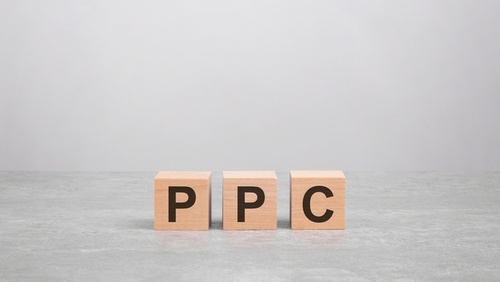
In the past 5 years, digital marketing has taken a powerful grip on industry advertising and promoting. Gone were the days when marketing began and ended at traditional TV, radio or general word of mouth. Though these types of marketing mediums are used to this day, helping with a company’s overall marketing strategy, digital marketing has now begun to take greater importance in all business marketing strategies.
Between SEO, Google AdWords, content marketing and social media, digital marketing has expanded and progressed in business use. One area of digital marketing that businesses have continued to use and have increased importance is social media.
There’s no doubt social media plays an essential role in digital marketing. For many businesses, social media is their only way of promoting what they do. But, for all companies, social media is there to promote who you are. Though social media should be in every business’s marketing strategy, it goes without saying that there is and can be disadvantages with every social media advantage.
If you’re ready to incorporate social media into your digital marketing plan, read on and find out three highly significant pros and cons if you were to go ahead.
PROS
Increased brand awareness – build your brand
With most marketing tactics, the building of your brand awareness is first to take place. What’s great about social media is that you can create your brand and increase your understanding. As many socials are now providing recommended content, brand awareness can be even more achievable as your content can be seen by your ideal consumer, simply through organically produced content. On the other hand, businesses can create paid content to help increase the number of people seeing it. It can be further adjusted within paid advertising to make specific people, whether in a particular segmentation, view your content.
Large audiences
It goes without saying, social media is limitless. With each and every social platform, there is a slightly alternative audience base. Suppose you want to target young people, mature people, or even career enthusiasts. In that case, there’s a social platform relative to that particular target market that you can use to help connect with them. With large audiences, you can share your content and, in time, gain awareness and in due course, business sales.
Cost-effective
In comparison to traditional marketing tactics, digital marketing, especially when it comes to social media, can be very cost-effective. Although the use of social media will include a great deal of time investment (which we’ll later cover), for many marketing strategies, you can achieve more with social media than if you were to use traditional marketing. You will have a choice of two areas when using social media – organic of paid marketing. When businesses first launch, they usually begin with organic posts and, for some, follow up with paid advertising.
CONS
Slow returns on investments
One significant factor that all businesses need to be aware of is that social media can produce a slower return on investment. The expectancy that companies will receive instant results for social media can be no further from the truth. Yes, there are times you can obtain excellent results for specific pieces of content; however, it is not absolute and therefore, you shouldn’t stay expecting. Social media may be a slow burner for quick investment turnarounds; however, it can soon turn into the perfect platform to help spread your brand message and content. Plus, it’s a great place to help interact with your consumers that no other marketing tactic could do.
Cost-effective but costly – time investment
Similar to the first social media disadvantage, it can become very costly when it comes to time investment. The truth is, social media is its own entity and therefore, as a new business, you should have someone looking after it, as it can sometimes require around the clock maintenance and care. Unlike websites, where publishing content is only needed every now and again, social platforms can require one or two posts a day or 5 – 6 times a week. This may not seem much, but you will need to incorporate the time to create a strategy. From researching your ideal consumer, choosing the right platform, developing the correct brand voice and messaging whilst creating great content covering copy and artwork, whether imagery or video, time can begin to increase after a while. Alongside the set-up and general content posting, businesses would need to focus on community management, evaluating and reviewing previous posts to work on future ones.
ROI evaluation
While this is not a definite disadvantage for social media, this is only for strategies that would be deemed less tangible. Of course, you’ll be able to quantify your investment return when it comes to your sales compared to time and cost used; however, this will not be the same for non-tangible focuses such as brand awareness. Whether you’re a new business or want to grow your brand online through social media, it could be hard to measure and place an accurate value on what social media brings to your content and advertising for brand awareness. This could also pull into measuring shopping sales from the time and social media usage. How would you know the content you put out during a particular time impacted people visiting your store and purchasing? Truth is, you may never, and it’ll probably be a mystery, but this shouldn’t be a problem as to why you are not using social media.
As you can see, though there’s both pros and cons to incorporating social media into a business strategy, the use of social can very much be helpful to any business. With every potential disadvantage, resolutions can be made to resolve and eventually turn it into a positive.
Are you just starting out with social media for your business? Take a look at our social media marketing services that we can offer to help you grow.









